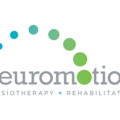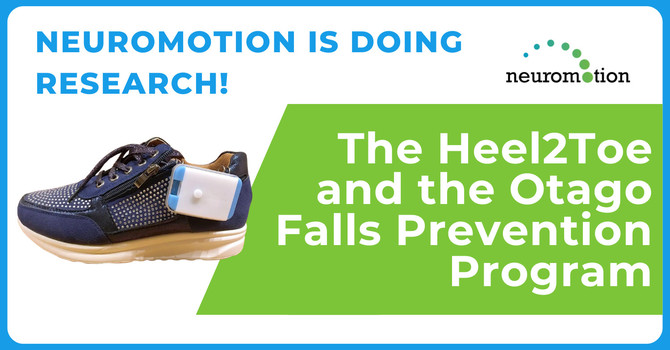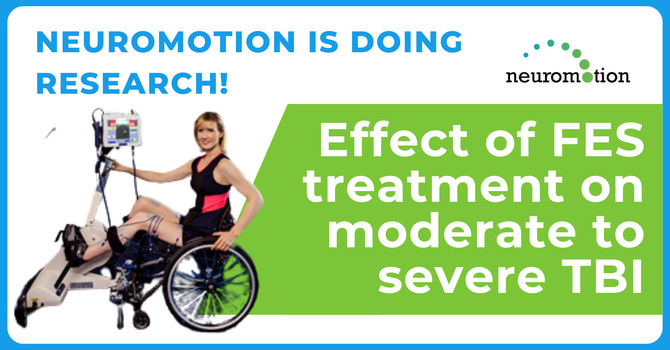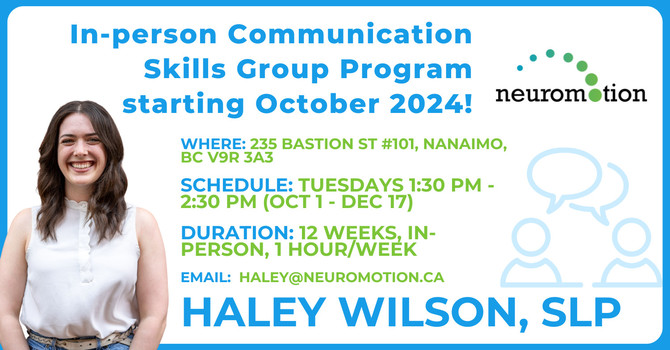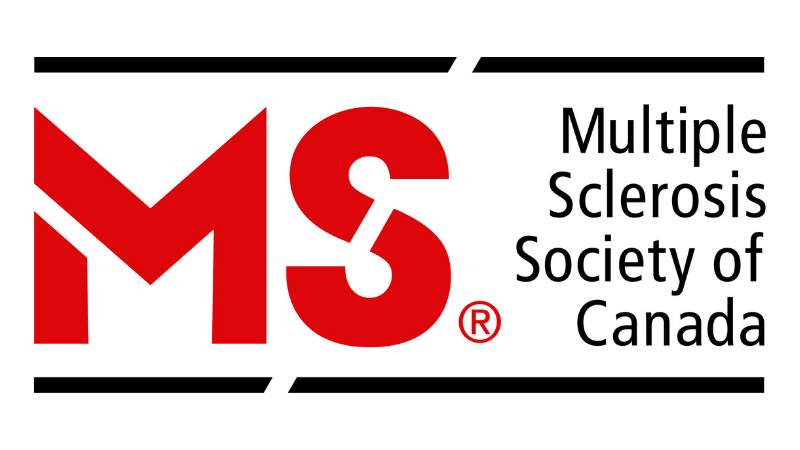
Multiple Sclerosis
by Jenna Dolphin
You have probably seen posters about MS Runs, or maybe heard about them on the radio or TV, but what is MS?
About: Multiple Sclerosis (MS) is a chronic, inflammatory disease where nerves in the body lose their protective coating, called myelin. The loss of this coating does not allow nerve signals to communicate as quickly or effectively, which can lead to problems. This disease is commonly caused by a combination of genetic factors, environmental triggers, and infectious events, or an autoimmune disorder where the body attacks its own cells. People between the ages of 20 and 40 years old are most likely to acquire MS, with women being more susceptible than men.
Signs and symptoms: In MS patients, the most common symptoms include loss of sensation/tingling, visual problems, muscle weakness, cognitive impairment, pain, fatigue, and/or bladder and bowel disturbances. Other symptoms can include problems swallowing, breathing, hearing, or speaking as well as shaking or, in extreme cases, seizures. With the progression of these symptoms, individuals may increase their sitting time which can cause pressure sores as well as a loss of muscle tone, poor posture, and decreased bone density. It is important to note that MS symptoms can vary greatly between individuals and can be characterized into four main types that suggest a different severity and progression of symptoms. If you observe symptoms, they should be monitored by a medical professional.
How we treat it at Neuromotion: Exercise has been shown to be beneficial for MS symptom management. Sessions are typically scheduled early in the day due to the tendency of MS patients to experience fatigue as the day progresses. The goal of physiotherapy treatment for MS at Neuromotion is to facilitate better fatigue management through activities aimed at helping improve movement abilities. We specifically focus on skills such as posture, trunk control, balance, and walking through interactive exercises and games. Our highly trained therapists also aim to work in accordance with your goals and are dedicated to helping support independence and improve quality of life.
References:
1. Leary SM, Porter B, Thompson AJ Multiple sclerosis: diagnosis and the management of acute relapses Postgraduate Medical Journal 2005;81:302-308
2. Waubant, E., Lucas, R., Mowry, E., Graves, J., Olsson, T., Alfredsson, L., & Langer-Gould, A. (2019). Environmental and genetic risk factors for MS: an integrated review. Annals of clinical and translational neurology, 6(9), 1905–1922. https://doi.org/10.1002/acn3.50862
3. National MS Society (2022) MS Signs and Symptoms Retrieved from: https://www.nationalmssociety.org/Symptoms-Diagnosis/MS-Symptoms#section-2
For more information on types of MS, see the following link: https://mssociety.ca/about-ms/types?gclid=Cj0KCQiA1NebBhDDARIsAANiDD1ZuOvMdtXw32-kPPTKC7JWA3XEC0jXqz2ZqrcaS55ybFgwcf7W5BQaAhomEALw_wcB
